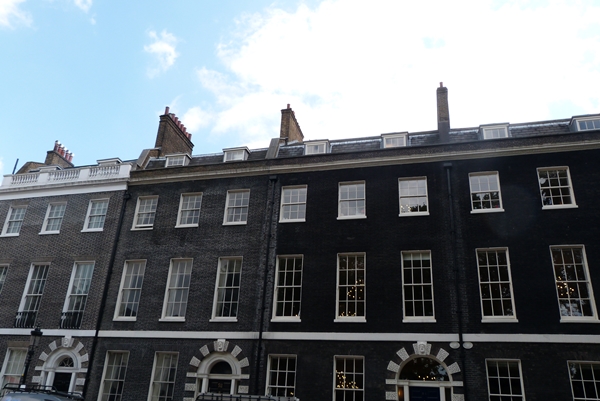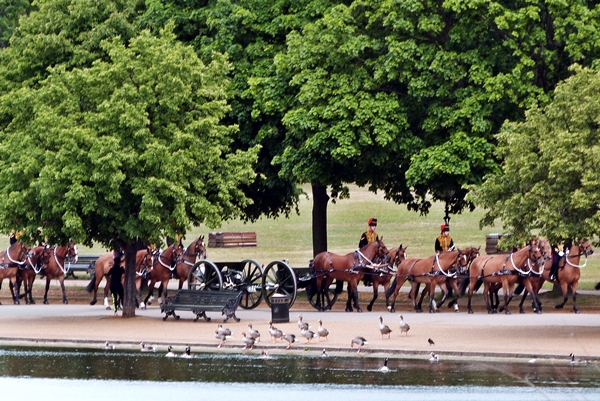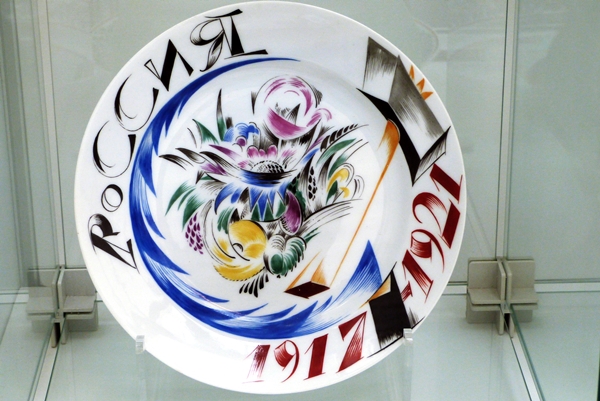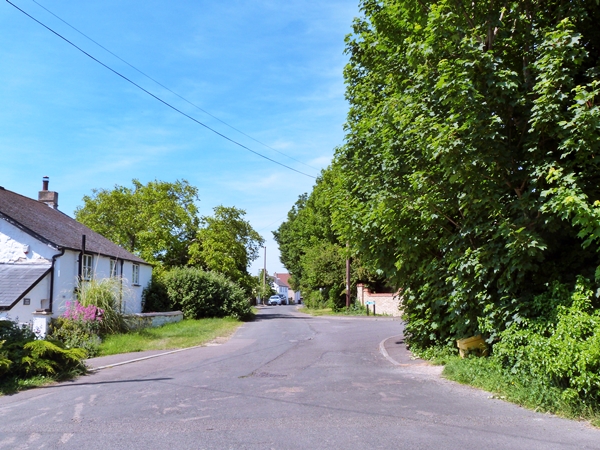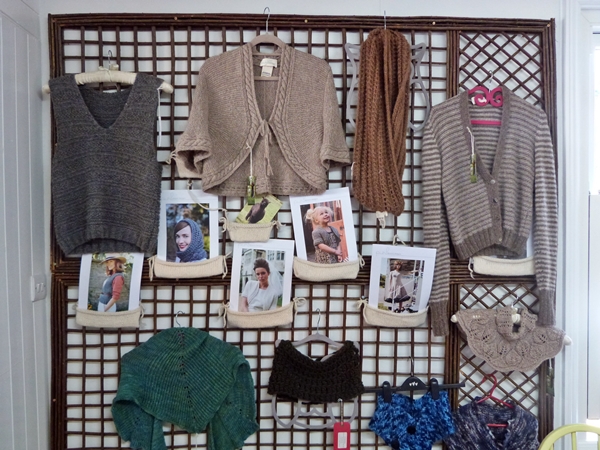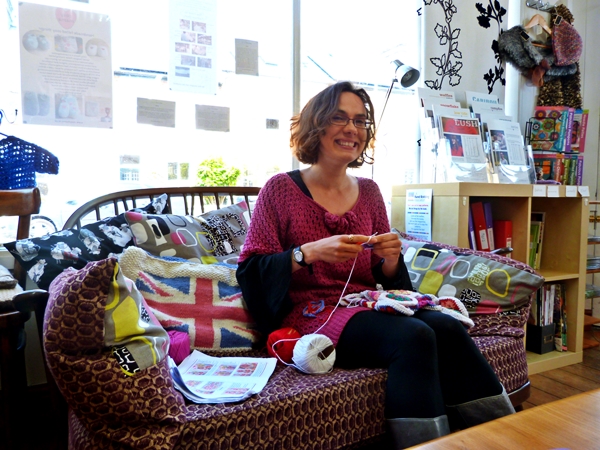You are going to read this many times for mine's a common tale even though it feels otherwise. Short version: I grew up in Nowheresville. I grew up, left Nowheresville, and found David Bowie's artistic output to be a constant touchstone. Bowie passed away today and I am very, very sad.
Longer version: I grew up in rural Denmark in a family whose cultural references were mainly the Great American Songbook and 1950s American pop culture. The school playground was a hard, cold, bewildering place. I knew I had to fit in somehow and that I couldn't manage. The other kids loved Disney, sport, and Madonna while I was really into prehistoric archaeology, art history, and Gene Kelly.
When I was 18, I moved to London. It was the first big move in a life that's seen quite a few big moves. I spent my days looking after spoiled kids and my nights going to art galleries and listening to music. London was in the early throes of what would later be known as Britpop - the rank commercialism of the Blur vs Oasis feud was not even a glimmer in a record exec's eyes. I discovered music that was to be mine - Suede, Pulp, Jeff Buckley, Radiohead, and dEUS among others. Drifting towards David Bowie was inevitable. Strange, raw, androgynous, glamorous, queer, desolate, alien, and utterly beautiful Bowie.
One of my favourite songs is by an obscure 1990s band called Subcircus called 20th Century Bitch and there is such a beautiful line: "There is a hole in the sky / Where Bowie fell through" before it continues to blur the lines between gender, desire, and self.
I made more big moves. I ended up in Copenhagen. And I met people who were strange, raw, androgynous, glamorous, queer, desolate, alien, and utterly beautiful themselves. Bowie and his cultural brethren/descendants became shorthand for a lot of identity-making. We discovered we were free to define (and crucially choosing not to define) ourselves in every way that mattered. Bowie paved the way.
One of my favourite films is Todd Haynes' glam musical Velvet Goldmine. It is a thinly veiled Bowie biopic and isn't particularly complimentary towards him (you cannot blame Bowie for turning down requests to feature his music). It is a wildly ambititous, crazily messy film. I love it. There is an unforgettable moment where Christian Bale's character points to Brian Slade (i.e. Bowie) on TV and exclaims: That is me! Mum, that is me! That powerful moment of recognising something buried so deep inside yourself in someone else. That joyful surprise of realising that you are not alone even if it feels like that sitting in a shabby living room in the middle of nowhere. There is a whole world out there where you'll feel some sense of belonging: That is me! Mum, that is me!
Along the way I managed to catch David Bowie live. He was about the size of my thumb nail and his charisma hit me squarely in the face. I could not take my eyes off him. He made you feel like you were a member of an exclusive club of misfits and outcasts - yet Bowie was touring 1. Outside and we were 80,000 people in front of him at the Roskilde Festival. This was part of the paradox and fascination with David Bowie: so much intimacy in such a remote way. Bowie was like a two-way mirror. We all looked at him and saw ourselves reflected back at us - but there was always something else lurking behind it all. Something we could never reach or see.
I am very sad today but most of all I think of the people who knew David Jones rather than David Bowie. They are the ones who really feel the loss. The rest of us mourn the man and the masks that brought us solace from loneliness and a sense of freedom.


